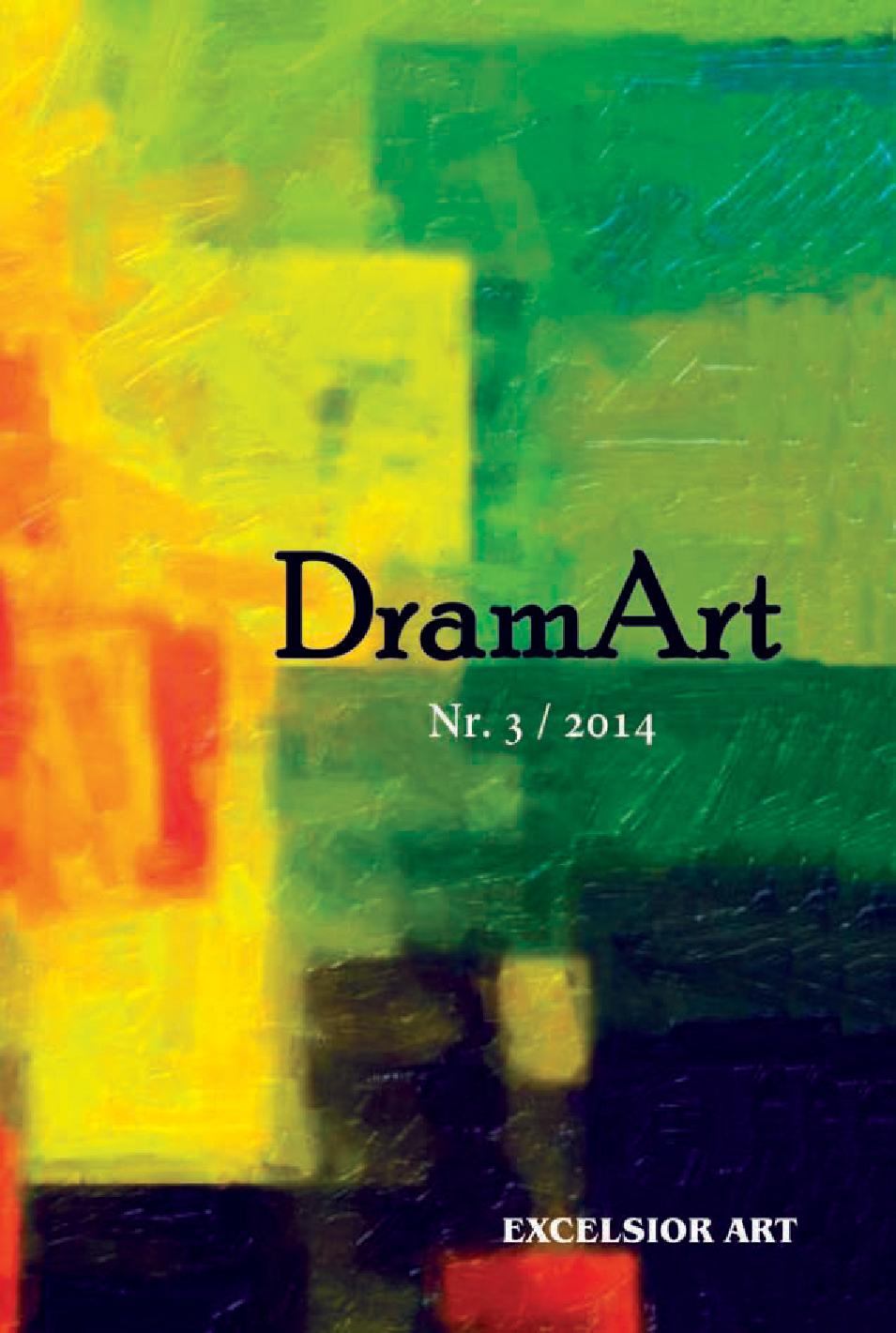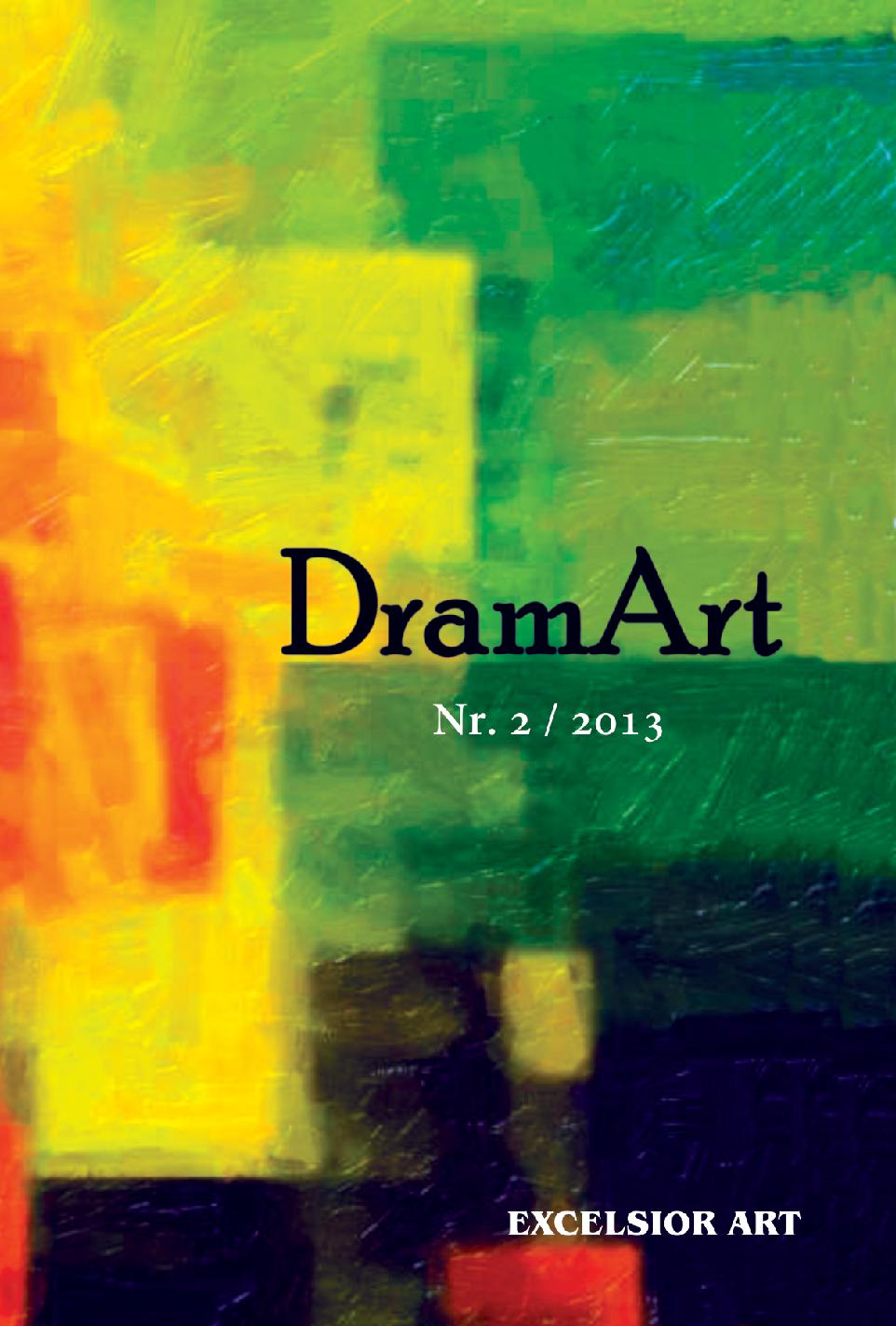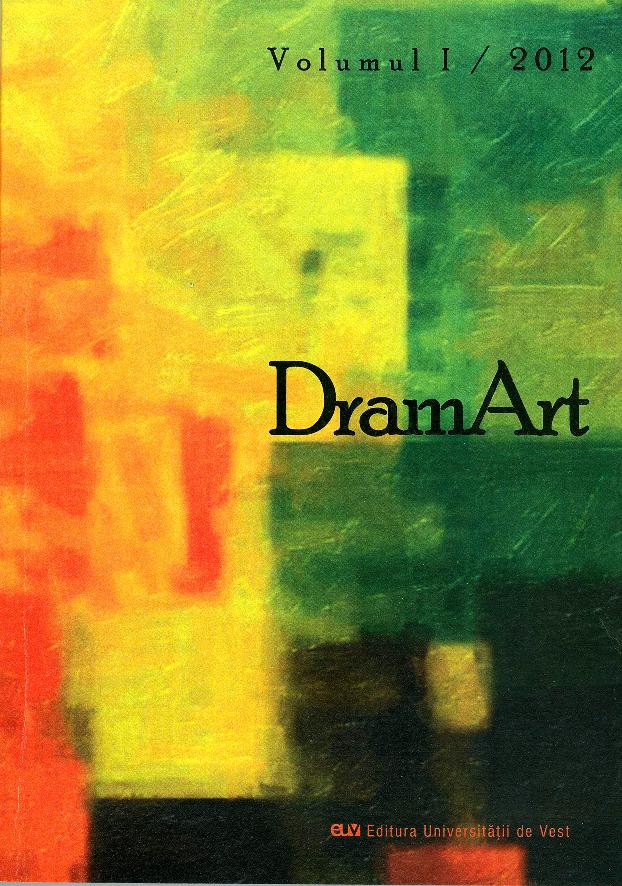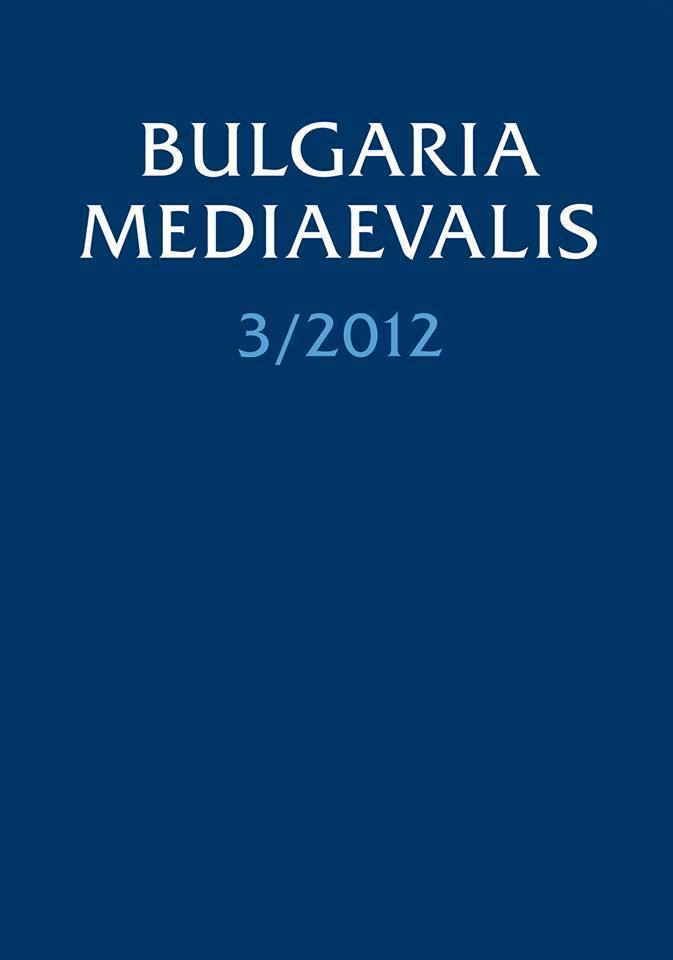
Eine „Botschaft symptomatischer Bedeutung“. Die Saisoneröffnung des Burgtheaters 1914
After the assassination of the successor to the Austrian-Hungarian throne and his wife on June 28th 1914, a mourning period was not imposed. The court theatres were instructed, however, to remain closed until the beginning of the holiday season. While after the declaration of war to Serbia (on 25th July), the court theatres were told to open regularly at the beginning of September. Emperor Franz Josef argued against the opening of the stage when in August the Allies entered war. Due to the “Kriegsparagraph” actors had to work for reduced fees, otherwise they would be dismissed and the theatres would remain closed. This produced a discourse concerning the value of theatres during times of crisis. – Finally both court theatres were reopened on October 18th which is a multiple date of remembrance: the Battle of the Nations near Leipzig and the birthday of Prince Eugene. Three persons of the cultural memory – Radetzky, Wallenstein and Prince Eugene – acted on the stage as a measure of confidence-building. The premier that the director had planned for the Burgtheater re-opening, Kleist’s Hermannsschlacht, was finally placed in the programme in December 1914. At a time when the general euphoria about war had already decreased the audience reacted in a differentiated manner. Next to patriotic enthusiasm the reviews already show doubts and concerns. In the following years the programme of the Burgtheater avoided any reference to the world events and offered besides classics a sort of escapism to the audience.
More...


